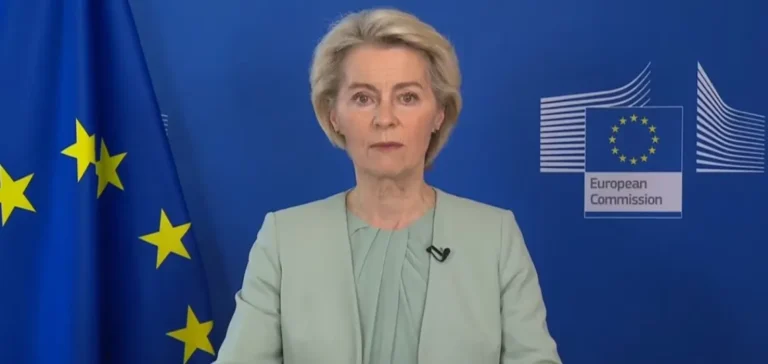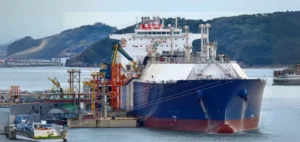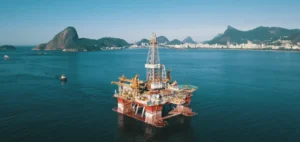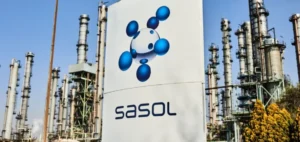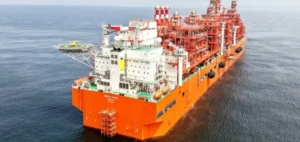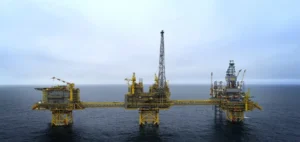The European Commission has presented a proposal to prohibit imports of liquefied natural gas (LNG) from Russia starting in January 2027, one year earlier than initially planned. The measure forms part of a new series of sanctions designed to reduce Moscow’s fossil-fuel revenues, in response to increasing pressure from the President of the United States.
The President of the European Commission said that revenue from hydrocarbons remains a major source of funding for Russia’s war economy. The European Union (EU) therefore aims to close its market to Russian LNG still allowed, particularly via seaborne shipments, despite the large reduction in crude oil imports imposed since 2022.
Towards a faster break from Russian supplies
The sanctions package must still be approved by the 27 member states. It includes, in addition to the LNG ban, measures targeting refineries, special economic zones and banking institutions operating in Russia, China and Central Asia. The stated objective is to cut off the logistical and financial channels that still allow Moscow to sell its hydrocarbons despite earlier restrictions.
Since the invasion of Ukraine in February 2022, Russian gas exports to the EU have fallen sharply, from 45% of total gas imports in 2021 to 19% in 2024. The decline stems from reduced pipeline flows, partially offset by an increase in LNG delivered by sea. The proposed ban is aimed specifically at this remaining source of supply.
Decisive US political support
The initiative comes amid increased pressure from the United States, which is seeking a tougher European energy stance towards Russia. The US President has linked a more forceful position on Moscow to a complete halt to Russian hydrocarbon purchases by European allies. The US administration has also called for tariffs on China.
According to officials familiar with the file, current discussions also include mechanisms to sanction refiners and traders in third countries that continue to buy Russian oil while bypassing existing restrictions. Petrochemical companies operating outside the European area could also be targeted.
Energy dependence receding, but persistent
The European Union has already banned most imports of Russian crude, with volumes falling from 29% in 2021 to 2% by mid-2025. Only Hungary and Slovakia still maintain direct purchases, benefiting from temporary exemptions due to high dependence. Russian LNG nevertheless continues to arrive at several European terminals, particularly in Belgian, French and Spanish ports.
Forthcoming negotiations among member states are expected to address the technical feasibility of the proposed ban and its impact on security of supply. Several western European countries have increased storage capacity and diversified sources since the start of the conflict, but some markets remain exposed to short-term supply fluctuations.


